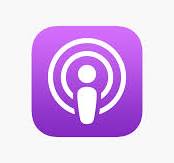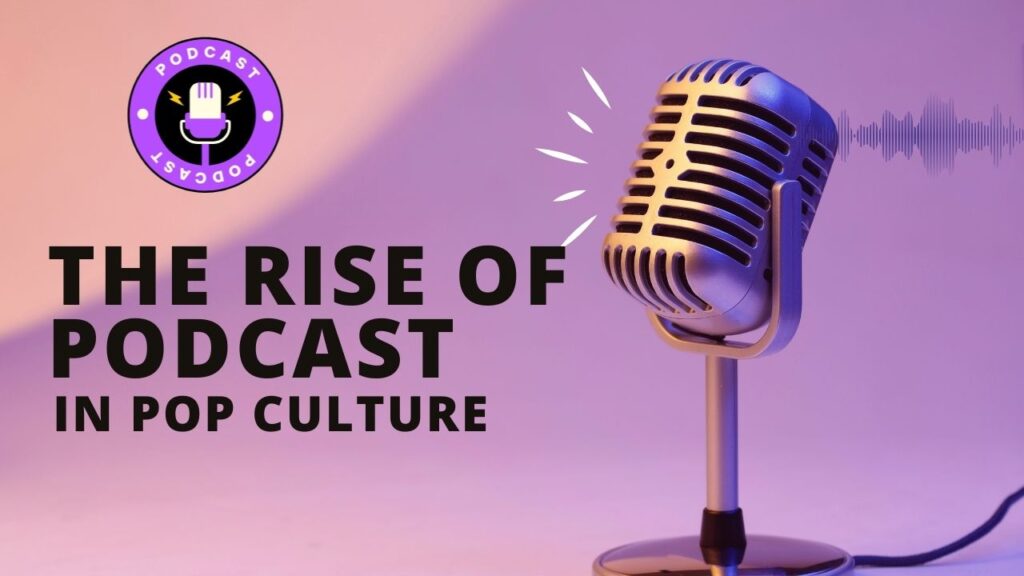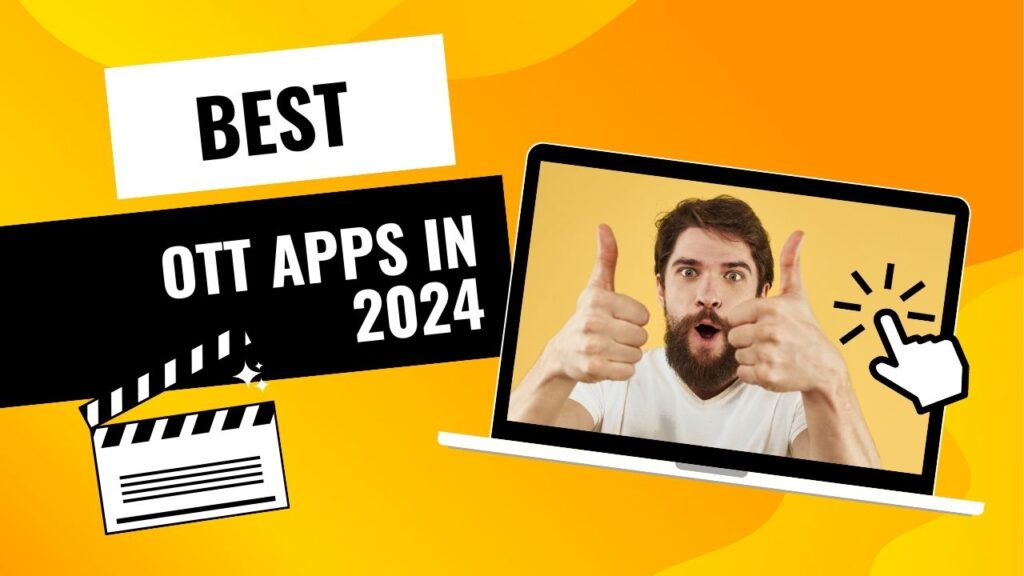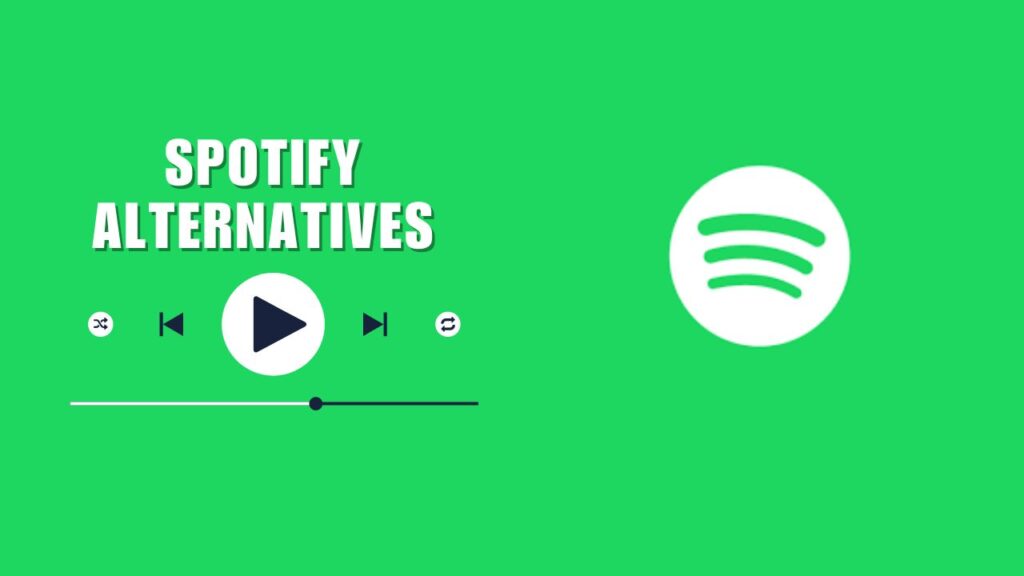In recent years, podcasts have become a ubiquitous form of entertainment and information, capturing the attention of audiences around the world. With their diverse range of topics, engaging storytelling, and accessibility, podcasts have transformed the way we consume media and become a significant phenomenon in pop culture. In this article, we will explore the rise of podcasts in pop culture, provide a guide on how to start your own podcast, introduce some of the best podcasting apps, and discuss their impact on modern media consumption.
The Rise of Podcasts in Pop Culture
In today’s OTT world, podcasts have experienced a meteoric rise in popularity, fueled by their accessibility, variety, and ability to cater to niche interests. From true crime mysteries to comedy talk shows, podcasts cover a vast array of topics, making them suitable for audiences of all backgrounds and preferences. The rise of smartphones and streaming platforms has made it easier than ever for listeners to discover and enjoy podcasts, leading to a surge in podcast consumption worldwide. Additionally, the low barrier to entry for creators has democratized content production, allowing anyone with a microphone and an internet connection to share their voice and stories with the world.
How to Start Your Own Podcast?
Starting your own podcast may seem daunting, but with careful planning and execution, it can be a rewarding creative endeavour. Here are five steps to help you get started:
Step 1: Choose a Topic and Format
Select a topic or theme that you are passionate about and that aligns with your interests and expertise. Consider the format of your podcast, whether it be interviews, solo monologues, storytelling, or a combination of different styles.
Step 2: Plan and Prepare Your Content
Outline your episodes, plan your content, and prepare any necessary research or materials. Consider the structure of your episodes, including segments, introductions, and outros, to keep your audience engaged and entertained.
Step 3: Select the Right Equipment
Invest in quality recording equipment, including a microphone, headphones, and audio editing software, to ensure professional-quality sound for your podcast. There are options available for every budget, so do some research and choose the equipment that best suits your needs and budget.
Step 4: Record and Edit Your Episodes
Record your episodes in a quiet environment with minimal background noise. Take your time to deliver your content clearly and confidently. Once recorded, use audio editing software to polish your episodes, remove any mistakes or filler words, and add music or sound effects as desired.
Step 5. Choose a Hosting Platform
Select a podcast hosting platform to distribute and manage your episodes. Popular hosting platforms include Podbean, Libsyn, and Anchor, which offer a range of features such as analytics, monetization options, and distribution to major podcast directories like Apple Podcasts and Spotify.
Best Podcasting Apps in 2024
There are numerous podcasting apps available for both iOS and Android devices, each offering unique features and user experiences. Some of the best podcasting apps include:
1. Apple Podcasts: 
Pre-installed on Apple devices, Apple Podcasts offers a vast library of podcasts and user-friendly navigation.
2. Spotify for Podcasters:
 In addition to music streaming, Spotify offers a wide selection of podcasts and personalized recommendations based on your listening habits.
In addition to music streaming, Spotify offers a wide selection of podcasts and personalized recommendations based on your listening habits.
3. Google Podcasts:
Google Podcasts provides easy access to podcasts on Android devices and integrates seamlessly with other Google services.
4. Stitcher:

Stitcher offers a curated selection of podcasts, personalized recommendations, and exclusive content for subscribers.
5. Pocket Casts:
Known for its sleek design and user-friendly interface, Pocket Casts allows users to customize their listening experience and discover new podcasts based on their interests.
Conclusion
Podcasts have emerged as a dominant force in pop culture, offering audiences a diverse range of content and creators a platform to share their stories and ideas. With their accessibility, variety, and ease of creation, podcasts have revolutionized the way we consume media and continue to shape the landscape of modern entertainment. Whether you’re a listener looking for engaging content or a creator seeking to share your voice with the world, podcasts offer something for everyone.
FAQs
How much does it cost to start a podcast?
The cost of starting a podcast can vary depending on factors such as equipment, hosting fees, and production expenses. Basic equipment and hosting can range from a few hundred to a few thousand dollars.
Do I need special equipment to start a podcast?
While quality equipment can improve the sound quality of your podcast, you can start with basic equipment such as a USB microphone and free editing software. As your podcast grows, you may choose to invest in more advanced equipment.
How long should my podcast episodes be?
The ideal length of a podcast episode depends on your topic, format, and audience preferences. Episodes typically range from 20 minutes to over an hour, but the key is to keep your content engaging and concise.
How can I promote my podcast and attract listeners?
Promote your podcast through social media, guest appearances on other podcasts, collaborations with influencers, and networking within your niche community. Consistency, quality content, and engagement with your audience are key to attracting and retaining listeners.
Can I monetize my podcast?
Yes, you can monetize your podcast through sponsorships, advertising, listener donations, merchandise sales, and premium content offerings. As your audience grows, you may also explore opportunities for partnerships and collaborations with brands and businesses.




